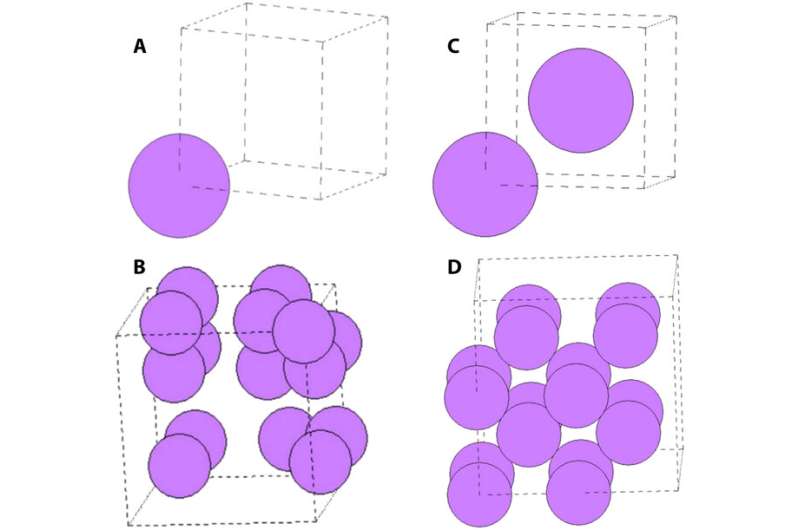This article has been reviewed according to Science X's editorial process and policies. Editors have highlighted the following attributes while ensuring the content's credibility:
fact-checked
proofread
Will ChatGPT replace computational materials scientists?

"ChatGPT is a very impressive tool," says Zijian Hong, professor at the School of Materials Science and Engineering, Zhejiang University, China, and author of a new work published in the journal Energy Material Advances. "As a computational materials scientist, I'm always eager to embrace new tools, in particular, new tools in computer science and AI. Since the born of the new ChatGPT, I'm just wondering whether such a tool can assist us in computational materials science."
Hong explained that for a computational materials task, there are three main steps: building a model or a structure, writing codes for specific scientific software, and preparing data visualization scripts. To test the capability of ChatGPT, he examined it from these aspects.
"ChatGPT can help us prepare scripts to build atomic structure, i.e., the cif file, scripts for running a DFT calculation, and scripts for data visualization," Hong said. "At least it is trying to help us from chat, although the scripts are not working at all when I accessed on Feb. 20, 2023."
"But what surprised me is the ability to evolve and learn from communications," Hong added, "When I accessed 20 days later, it gives me different answers, towards the correct answer. And if I give more hints, such as the correct lattice structure, it can correct by itself, just like a human being."
"It is still not perfect for sure. For example, it still makes simple mistakes, the consistency of the output is not guaranteed, and the ethical concerns are still there," Hong said. "But change is really near the corner, for computational materials science. We should embrace it rather than avoid it."
More information: Zijian Hong, ChatGPT for Computational Materials Science: A Perspective, Energy Material Advances (2023). DOI: 10.34133/energymatadv.0026
Provided by Beijing Institute of Technology Press Co., Ltd





















